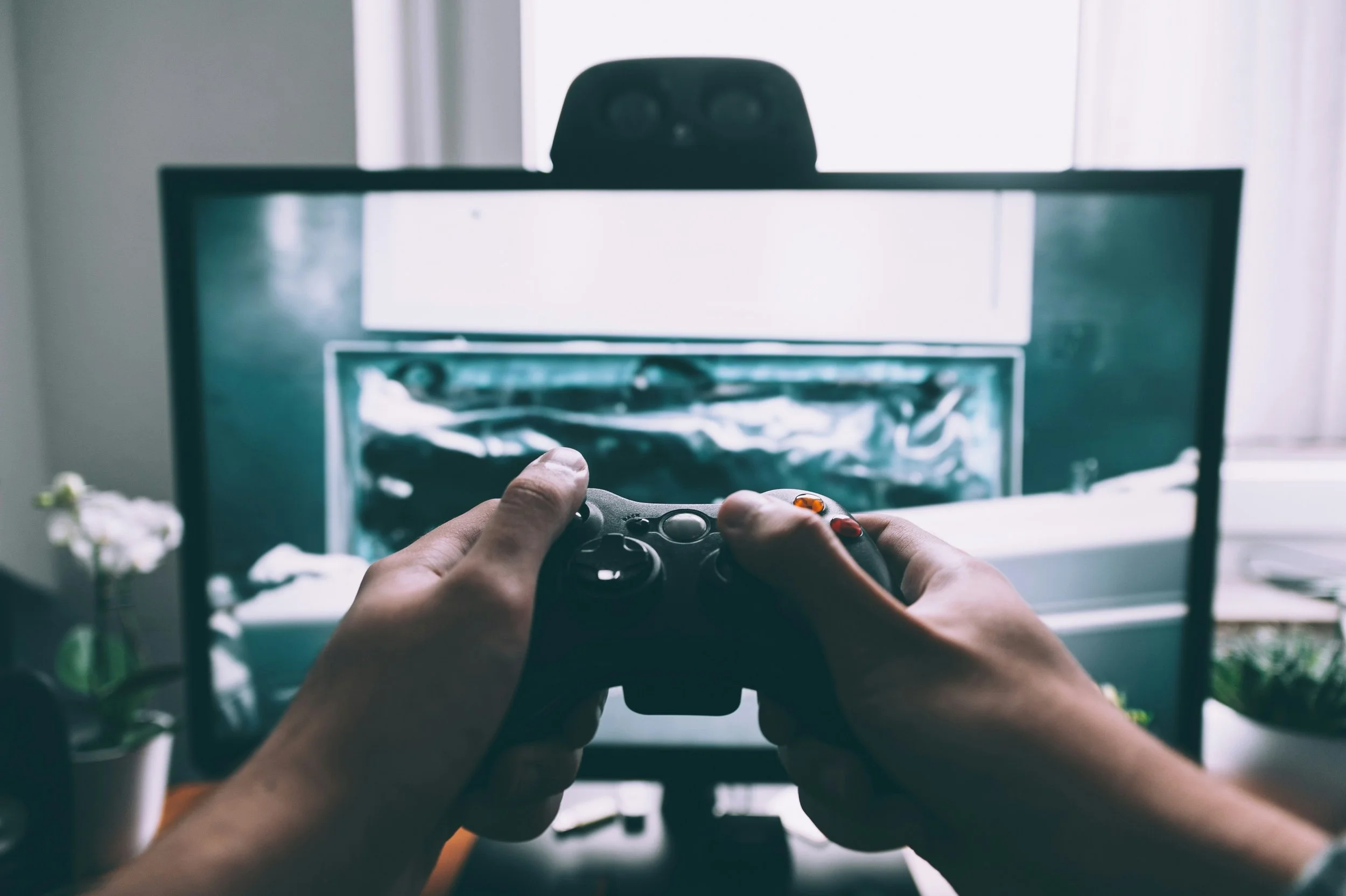
Video Game Addiction
Video games can be a great way to take a break from real-world stresses for a moment, but when does a hobby turn into an addiction? To answer that question, we must explore how compulsive the behavior is. Take a look at the list below and see if any of these are familiar to you.
Do you feel upset, irritable, or angry when you can’t play games?
Does your playtime get in the way of taking care of your body’s needs?
Have your relationships been negatively impacted by your playtime?
Are you spending so much money on games that it is causing you financial stress?
Have you already tried to cut back on your playtime but were unsuccessful?
Do you find yourself lying to others about how much time you spend playing?
Have you lost interest in everything that is not a game, even things you used to enjoy?
When you are not playing games, do you spend your time interacting with video game communities or watching videos about your game?
Do you find it hard to talk to others unless the conversation topic is about video games?
Are there times when you find yourself staring at your screen, wanting to play something but nothing sounds good?
As an avid gamer myself, I have a personal understanding of how much this issue haunts the gaming community. I take a harm-reduction approach to video game addiction treatment in which my main goal is to help you find balance so that you can enjoy your hobby without it impacting your quality of life. We will use cognitive-behavioral therapies to explore the stressors in your life that are the driving force behind your addiction and discover alternative coping strategies together.
